News
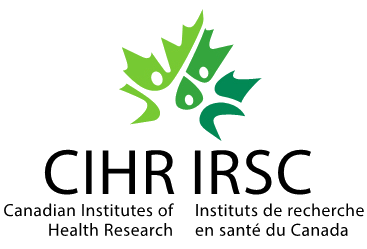
Dr. Hanns Lochmüller, NMD4C and MDC named co-investigators on two CIHR grants awarded for research into oculopharyngeal muscular dystrophy – led by Dr C Gagnon – and into the Indirect Socio-Economic Burden of Inherited Neuromuscular Diseases – led by Dr J Warman
The Lochmüller Lab is happy to share that project applications ‘A comprehensive study of the natural history of OPMD: An essential step towards clinical trial readiness and evidence-based interventions’ and ‘BIND Study: Assessing the Indirect Socio-Economic Burden of Inherited Neuromuscular Diseases’ have been awarded Canadian Institute of Health Research (CIHR) research grants in their recent round of funding decisions!
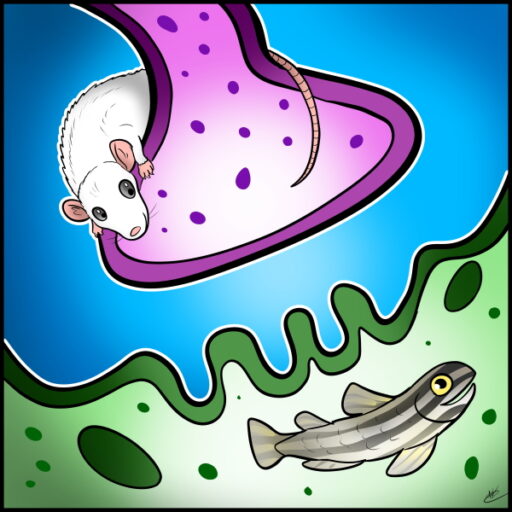
Lochmüller Lab Welcomes New Students
Our lab is growing! We are excited to introduce two new students who have joined the Lochmüller Lab this fall. Kelly Ho Kelly has joined as a Master’s student in Cellular and Molecular Medicine to study the effects of forskolin and salbutamol in a mouse model for congenital myasthenic syndrome (CMS). She recently graduated…
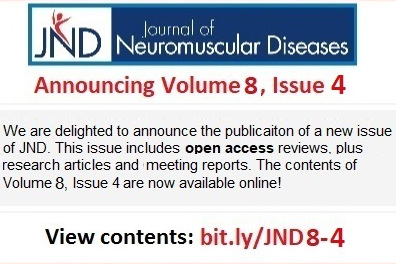
Latest Issue of the Journal of Neuromuscular Diseases Now Available – July 2021
The Journal of Neuromuscular Diseases (JND) has announced the publication of a new issue of the journal! Volume 8, Issue 4 of the JND contains a record number 30 items comprised of research articles, meeting reports and open access reviews and is now available online.
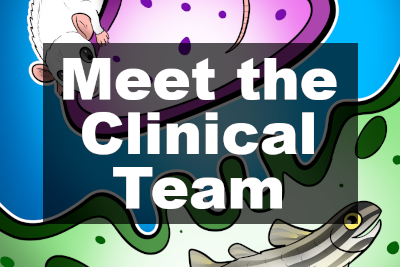
Meet the Lochmüller Lab Clinical Team
Meet the Lochmüller Lab Clinical Research Team! As a part of the Lochmüller Lab, the clinical research team consists of four members who help run and support the lab’s clinical work, which includes both adult and pediatric trials, patient registries, and natural history studies.
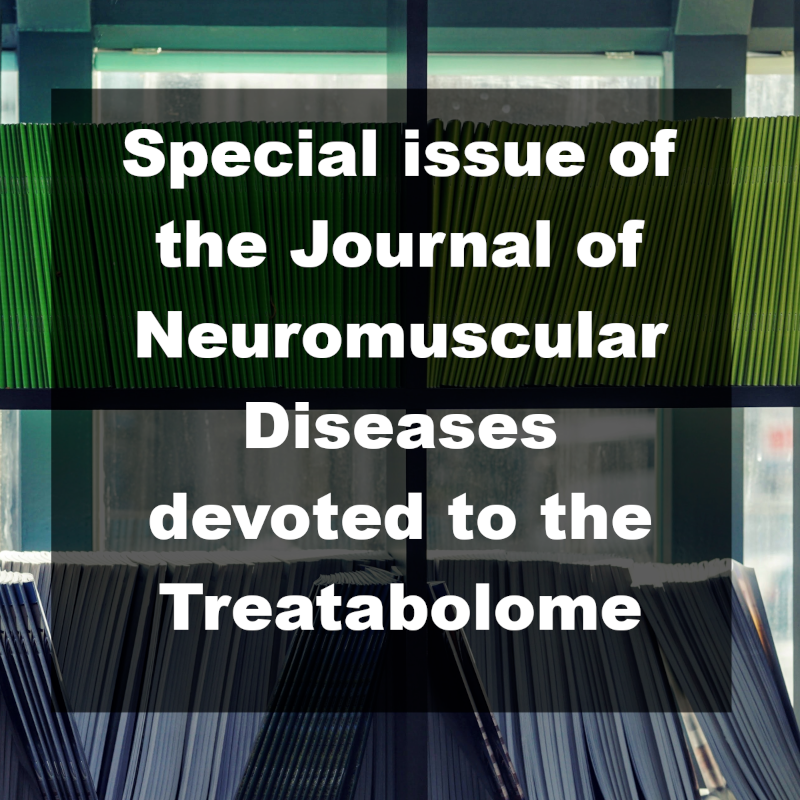
Special issue of the Journal of Neuromuscular Diseases is devoted to the Treatabolome, designed to shorten diagnosis-to-treatment time for patients with rare diseases
In 2019 the Treatabolome initiative was launched as part of the European Solve-RD project. Designed to extract details of effective treatments for rare diseases from the scientific literature and make them accessible through an online database, the Treatabolome will allow patients to receive the right treatment for their condition as soon as they receive a genetic diagnosis. This month, a special open-access issue of the Journal of Neuromuscular Diseases dedicated to the Treatabolome has been published.
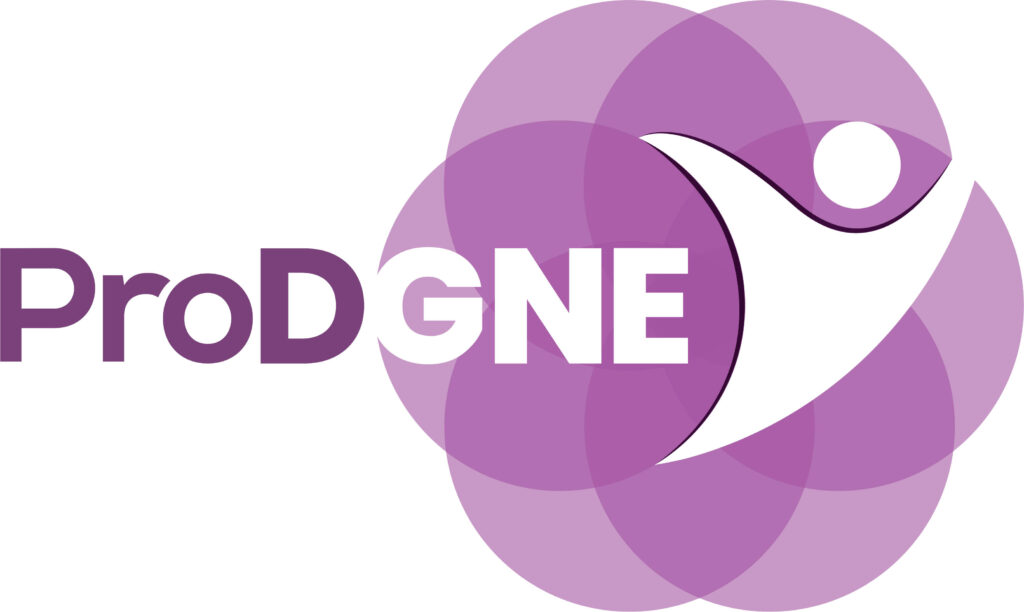
ProDGNE: Research Project to Develop an Innovative Therapeutic Compound to Treat GNE Myopathy
The Lochmüller Lab is proud to share its involvement in ProDGNE , a three-year transnational pre-clinical research project which aims to develop an innovative therapeutic compound to treat GNE Myopathy (GNEM), an ultra rare muscle disease affecting young adults. ProDGNE represents a unique collaboration among patients and European and Canadian scientists who are experts in clinical GNEM, sialic acid, organic synthesis, and -OMIC technologies.

Meet the lab’s two new members
Our lab is growing! We are excited to introduce 2 new members who have joined the Lochmüller lab this winter.
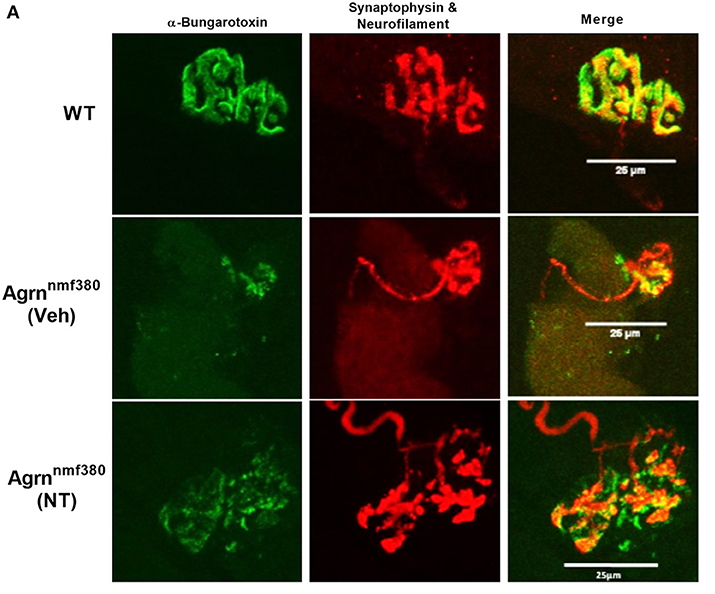
New publication: Modulation of the Acetylcholine Receptor Clustering Pathway Improves Neuromuscular Junction Structure and Muscle Strength in a Mouse Model of CMS
Our new paper, spearheaded by our lab manager Dr Spendiff, is now available online at Frontiers Molecular Neuroscience. This project is a product of an ongoing collaboration with the Zürich-based biotech company Neurotune AG. Neurotune AG’s drug NT1654 has shown efficacy in a number of animal models with muscle weakness, and we are the first…
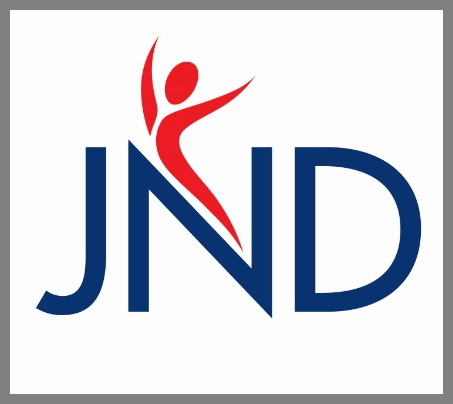
Invitation to submit to special issues of the Journal of Neuromuscular Diseases
The Journal of Neuromuscular Diseases has two exciting special issues that are open for submission of NMD research papers. One is a special issue dedicated to sharing unexpected or ‘negative’ data, and the other is a celebration of Prof. Terence Partridge’s career in the field of myogenesis and skeletal muscle diseases. Details are provided below…
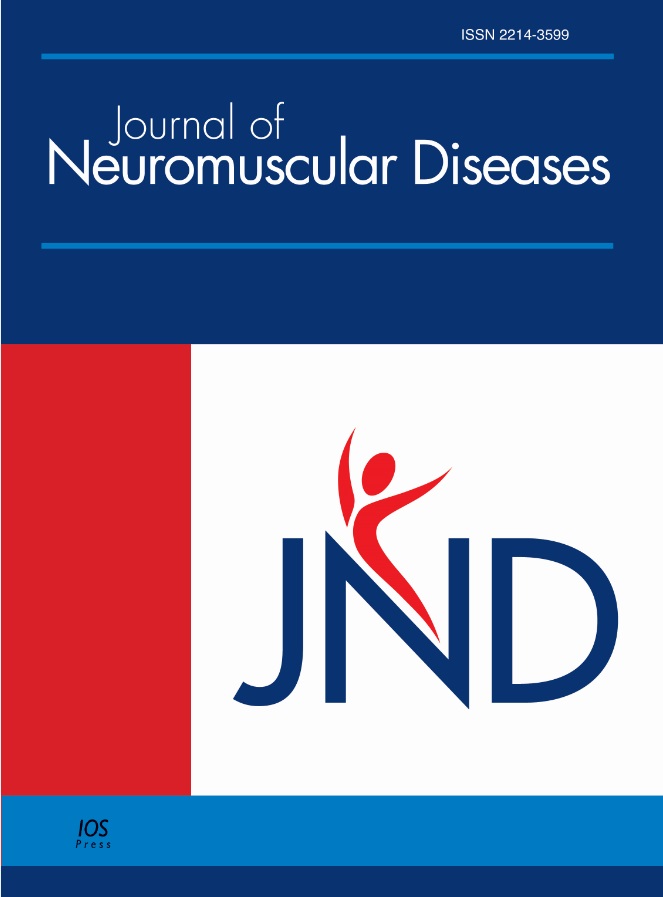
Latest edition of the Journal of Neuromuscular Diseases now online – Sep 2020
A new issue of the Journal of Neuromuscular Diseases has recently been released: Volume 7, Issue 4 (Sep 2020)
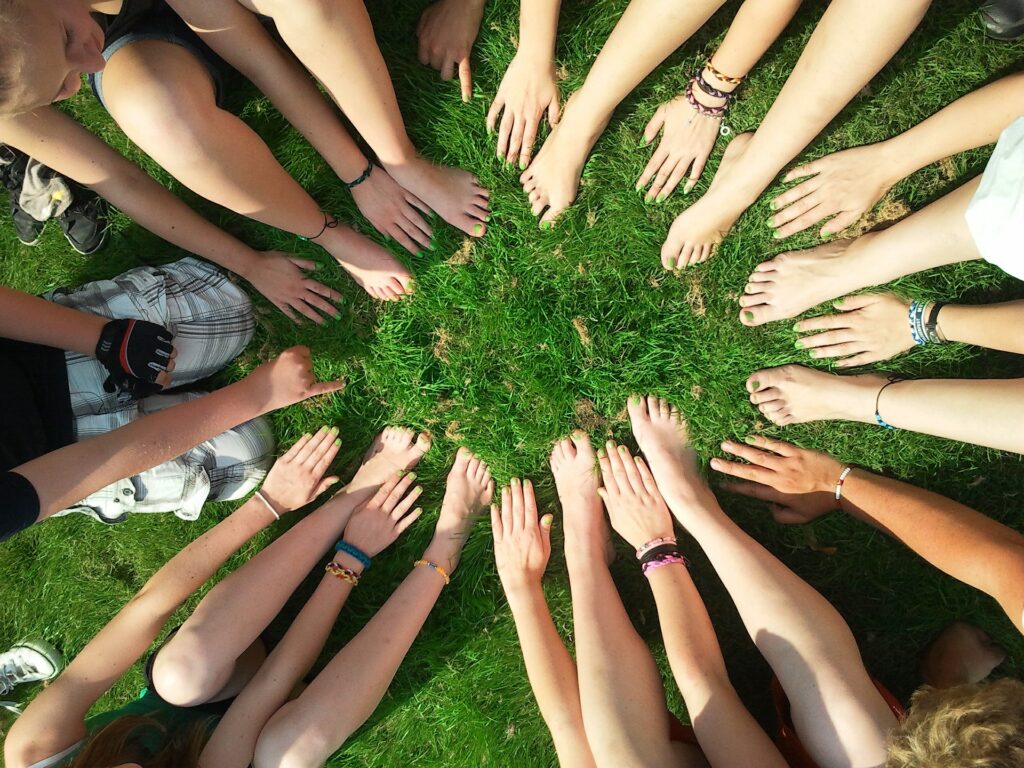
Meet the lab’s three new members
Our lab is growing! We are excited to introduce 4 new members who have joined the Lochmüller lab this summer.
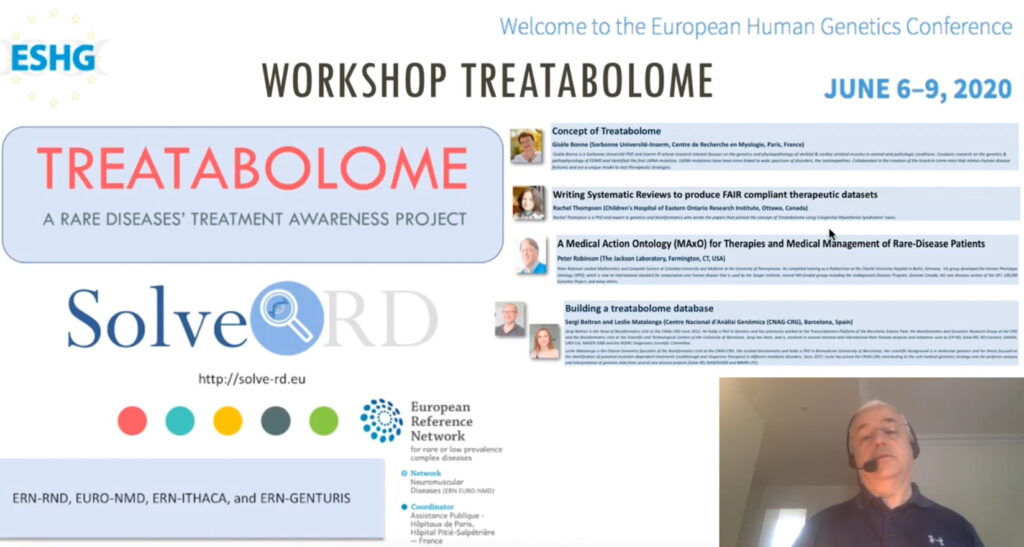
Treatabolome presentations now online
Within the European Solve-RD project, we participate in work to create a “treatabolome” – a database of evidence for treatments for rare disorders linked to the precise genetic defect. Many rare diseases do have treatments available, but frequently there is a substantial delay before patients affected by the disease receive the right treatment. By making…
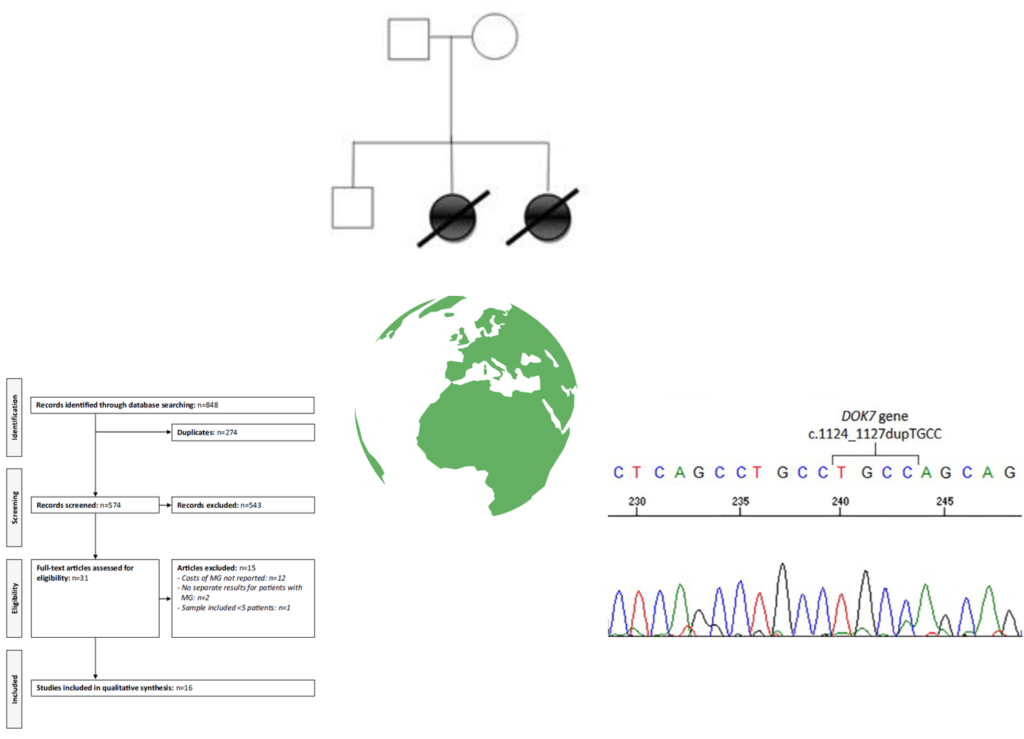
New publications on neuromuscular transmission defects: international collaboration helps find answers
In rare diseases like the congenital myasthenic syndromes and other disorders of neuromuscular transmission, research results are frequently the result of international collaboration. Patients may be seen in clinic in one country, their DNA sequenced in another country, and the data analysed in a third, or researchers from multiple countries may come together to answer…

Latest edition of the Journal of Neuromuscular Diseases now online – Jun 2020
A new issue of the Journal of Neuromuscular Diseases has recently been released: Volume 7, Issue 3

The Lochmüller Lab on Lockdown
While the pandemic is still not over in Canada, and Ontario’s state of emergency will not be lifted before the end of June at the earliest, preparations are underway at the CHEO Research Institute to allow some research to restart in a carefully phased process over the coming weeks and months. After three months of…
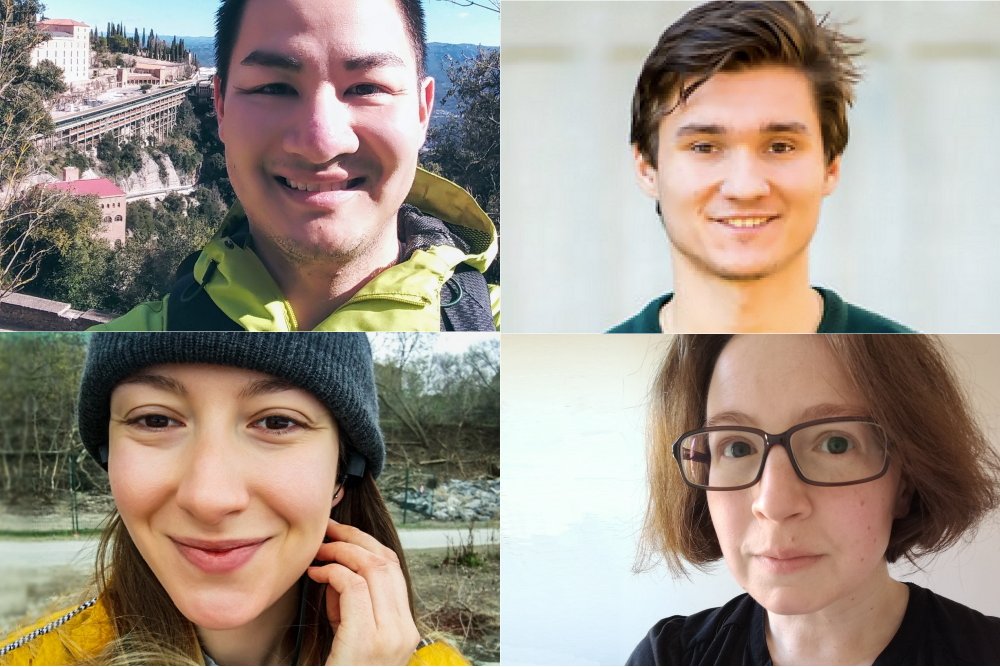
Awards success for Lochmüller Lab researchers
We are very pleased to announce the success of several Lochmüller Lab team members in recent fellowship and scholarship competitions. Master’s student Jarred Lau received a Scholarship in Translational Research (STaR) award from the Éric Poulin Centre for Neuromuscular Disease. Jarred is investigating novel genes and molecular mechanisms in congenital myasthenic syndromes, using exome analysis…
